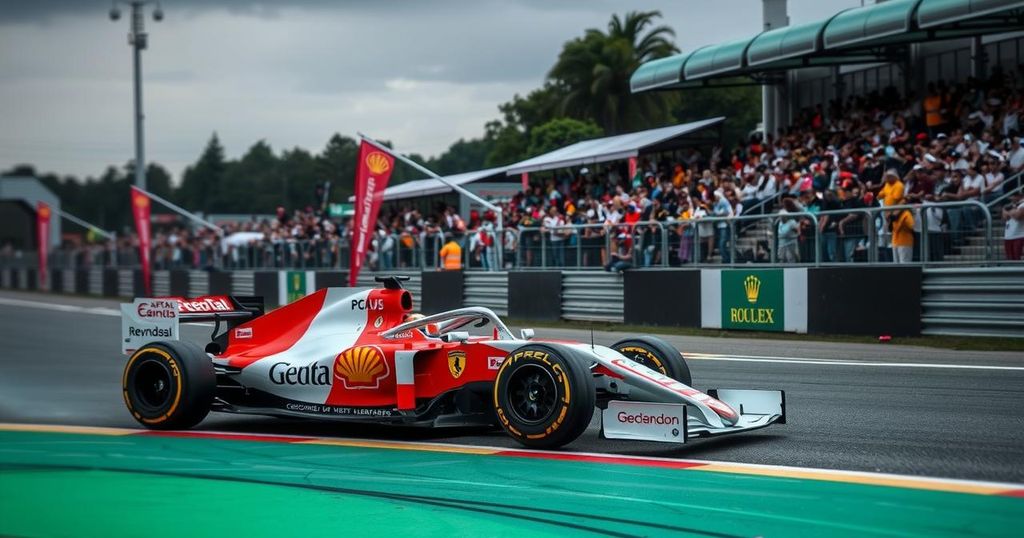Business
economics
AFRICA, AMSTERDAM, ASIA, BANGKOK, COVID-19 IMPACT, ECONOMIC IMPACT, ECONOMICS, ECONOMY, EUROPE, GAY, GAYTON MCKENZIE, GOVERNMENT POLICY, GP, GPBLOG, ITALY, KYALAMI, LUDO VAN DENDEREN, MANCHESTER, MONZA, NETHERLANDS, RWANDA, SOUTH AFRICA, THAILAND, UNITED KINGDOM
Fatima Khan
0 Comments
The Inappropriateness of Formula 1 in Rwanda, South Africa, and Thailand
The article argues against hosting Formula 1 races in Rwanda, South Africa, and Thailand due to their pressing social issues like poverty and inadequate infrastructure. It highlights the historical financial challenges associated with such events, suggesting that F1 should rethink its approach and invest in local communities rather than merely seeking profit from wealthy tourists.
Formula 1 (F1), while glamorous, seems misplaced in countries like Rwanda, South Africa, and Thailand. These nations face significant challenges, such as poverty and insufficient basic services, which should take precedence over hosting a high-profile racing event. The South African government’s push for a Grand Prix highlights a recurring theme: the struggle for funding amidst dire economic needs. Despite ambitions, public resources often redirect towards tourism and entertainment rather than essential infrastructure. Furthermore, the financial sustainability of hosting such events remains in question, as historical instances reveal costs may outweigh the benefits. For F1 to have a meaningful impact, a rethink towards inclusivity and investment in local communities is essential.
The article discusses the ambition of countries like Rwanda, South Africa, and Thailand to host Formula 1 events amidst pressing socioeconomic issues. Despite hopes of boosting tourism and economy through such high-profile races, the article emphasizes the impracticality of diverting funds from essential services. Historical context reveals that past attempts to successfully host similar events in these nations have often ended in financial loss instead of gain. This stems from the inherent disparity between the image of F1 and the stark realities faced by local populations.
In conclusion, hosting Formula 1 races in countries like Rwanda, South Africa, and Thailand appears ill-advised given their pressing social and economic needs. While the allure of F1 can be tempting, it may detract from critical investments in infrastructure and community welfare. A shift towards more sustainable and inclusive practices, such as reduced fees and engagement with local communities, could provide a more viable model for integrating Formula 1 into these regions without exacerbating existing inequalities.
Original Source: www.gpblog.com




Post Comment